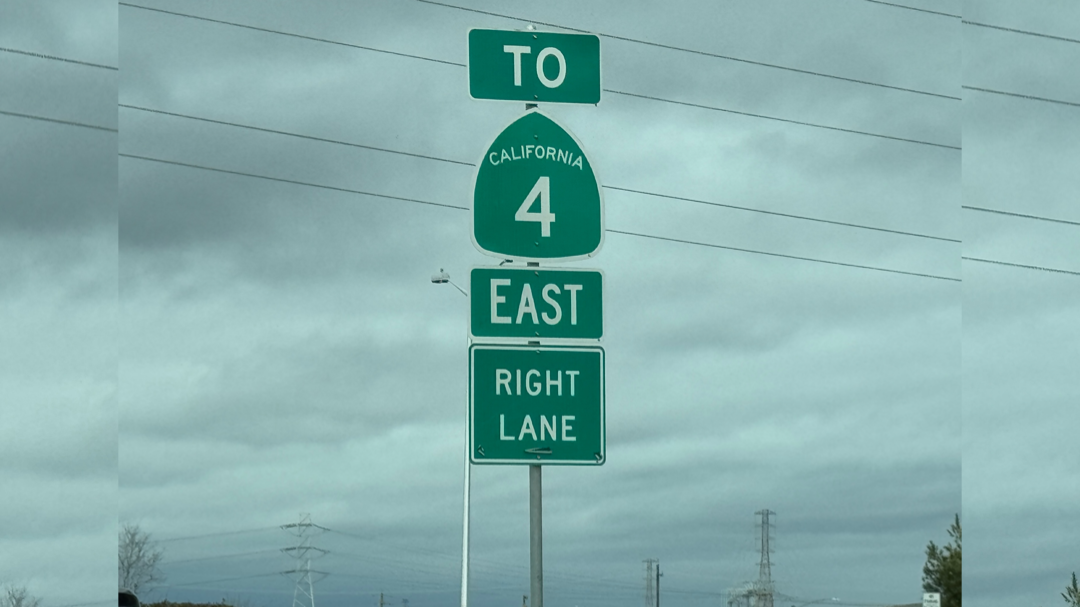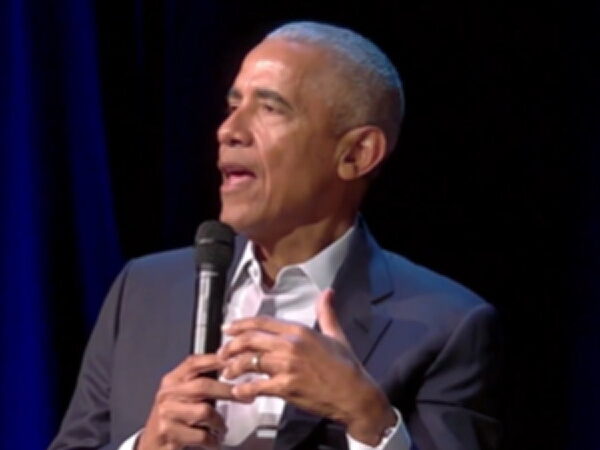San Francisco’s Traffic Camera Scandal: Progressive Pandering or Public Safety Measure?
San Francisco, a city known for its left-leaning policies and government overreach, has unveiled what can only be described as a progressive experiment gone awry. The new traffic camera program, which offers discounted fines for low-income drivers and recipients of government assistance, smacks of a special treatment scheme that treats wealthy, law-abiding citizens as if they’re stuck with the full brunt of responsibility.
According to reports, San Francisco activated 33 new cameras last month. For the first two months, drivers will merely get warnings instead of citations, as reported by KABC-TV in Los Angeles. Once the warnings phase is over, fines will kick in, but—with a twist that liberals will proudly advertise—the penalty depends on the driver’s income.
The city’s Municipal Transportation Agency has explained on its website that the fees will vary in accordance with state legislation. For example, a driver going 11 to 15 miles per hour over the speed limit usually faces a $50 fine. However, a “low-income” driver only pays $25, and someone on “public assistance” is hit with a mere $10. The sliding scale continues for more severe speeding infractions, reducing fines for those who qualify. At first glance, this might look like a compassionate measure, but it raises serious questions about fairness and accountability.
Critics argue that charging different fines for the same offense is inherently unjust. As one opinion piece in the Staten Island Advance put it: “If you’re caught driving too fast, you have to pay a penalty because you’ve made the roads less safe for your fellow humans. The fine is supposed to sting a little bit. It’s supposed to discourage you from driving too fast in the future. Otherwise, why bother?”
Not content to stop there, the article continued in a tone that resonates with many conservative Americans: “But how does that square with letting some people largely off the hook for their offenses? It doesn’t. In fact, it might encourage some people to keep speeding,” adding, “And it shows that only some of us, people of means, are responsible for safer roads.” These words sharply underline the double standard at play—as if the middle class, who already pay “their fair share” in countless taxes, are being punished while those struggling with day-to-day survival are given a pass.
To make matters even more ludicrous, the SFMTA has provided another webpage to help residents access discounts on transit fares and parking-related fees. “SFMTA offers a number of discounts on transit fares and parking related fees for low income customers with a gross annual income,” the agency emphasized.
While supporters of this initiative insist it targets social equity and helps vulnerable drivers, many conservatives see this as yet another example of government overreach. Instead of enforcing the same consequences for everyone—regardless of income—the city appears more interested in a politically correct approach that indirectly punishes the more affluent.
The underlying message here is clear: some drivers are deemed more valuable than others simply because of their income. This isn’t about public safety or about encouraging responsible driving—it’s about pandering to a politically motivated base and rewarding dependency. For many angry Republicans, it feels like an insult to the idea of personal responsibility and equal justice under the law.
At a time when law and order should be paramount, initiatives like this not only undermine accountability but also foster resentment among the taxpayers who are already bearing the weight of government inefficiency. Should public safety policies be manipulated for political gain, or should they be applied equally to all drivers regardless of their financial status?
Share your thoughts in the comment section below.
Source: Steadfast Nation




Leave a Comment